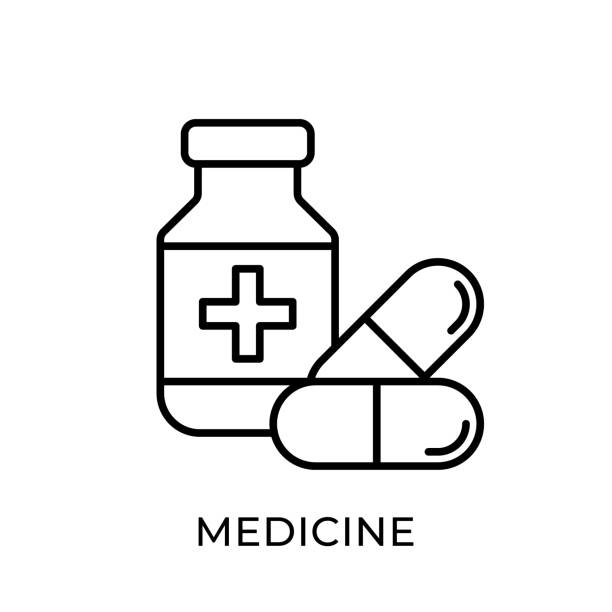Over-The-Counter (OTC) medications are indispensable allies in managing everyday health concerns, offering convenient relief without the need for a prescription. From pain relievers to cough syrups and allergy pills, these products provide accessible solutions for millions of individuals worldwide. However, the path to making these medications available to consumers involves a meticulous process known as OTC approval. Let’s explore the intricacies of OTC approval, its significance, and how it safeguards the safety and efficacy of OTC medications for consumers.
Understanding OTC Drugs and Their Role
OTC drugs encompass a diverse range of medications that consumers can purchase without a prescription. They address common health issues such as headaches, cold symptoms, and minor aches, empowering individuals to manage their health with ease and convenience. With their widespread availability, OTC drugs play a crucial role in promoting self-care and improving quality of life.
The Significance of OTC Approval
OTC approval is the regulatory process through which medications are evaluated and authorized for sale without a prescription. This process is overseen by regulatory agencies such as the Food and Drug Administration (FDA) in the United States. OTC approval ensures that medications meet stringent standards for safety, efficacy, labeling, and packaging before they are made available to the public.
Navigating the OTC Approval Process
The journey to OTC approval involves several key steps:
- Preclinical and Clinical Studies: Manufacturers conduct preclinical studies and clinical trials to assess the safety and efficacy of the medication. These studies provide valuable data on the medication’s effects, potential side effects, and appropriate dosage.
- Submission of New Drug Application (NDA) or OTC Monograph: Manufacturers submit an NDA or adhere to an existing OTC monograph, providing detailed information about the medication’s ingredients, formulation, labeling, and proposed OTC use. The submission includes data from preclinical and clinical studies to support the medication’s safety and efficacy.
- Review and Evaluation: Regulatory agencies review the submitted data to evaluate the medication’s suitability for OTC use. This comprehensive review process may involve expert panels, advisory committees, and consultations with healthcare professionals to ensure that the medication meets established standards.
- Labeling and Packaging Approval: Upon approval, regulatory agencies review and approve the medication’s labeling and packaging to ensure compliance with OTC labeling requirements. This includes providing clear and accurate information about the medication’s uses, warnings, directions for use, and storage instructions.
- Post-Market Surveillance: After approval, regulatory agencies continue to monitor the medication’s safety and efficacy through post-market surveillance programs. This ongoing monitoring involves tracking adverse events, conducting studies on real-world use, and taking regulatory action if safety concerns arise.
Implications for Manufacturers and Consumers
For manufacturers, OTC approval represents a significant investment in research, development, and regulatory compliance. However, successful approval allows manufacturers to bring safe and effective medications to market, expanding access to healthcare solutions for consumers.
For consumers, OTC approval provides assurance that the medications they purchase have undergone rigorous evaluation and meet established standards for safety and efficacy. It enables consumers to make informed decisions about their health and well-being, confident in the quality and reliability of OTC medications.
Conclusion
OTC approval is a vital process that ensures the safety, efficacy, and accessibility of medications for consumers. Through rigorous evaluation and regulatory oversight, OTC approval allows manufacturers to bring trusted healthcare solutions to market while providing consumers with confidence in the medications they use. As individuals continue to rely on OTC medications for self-care and symptom relief, OTC approval remains essential in promoting public health and well-being.

